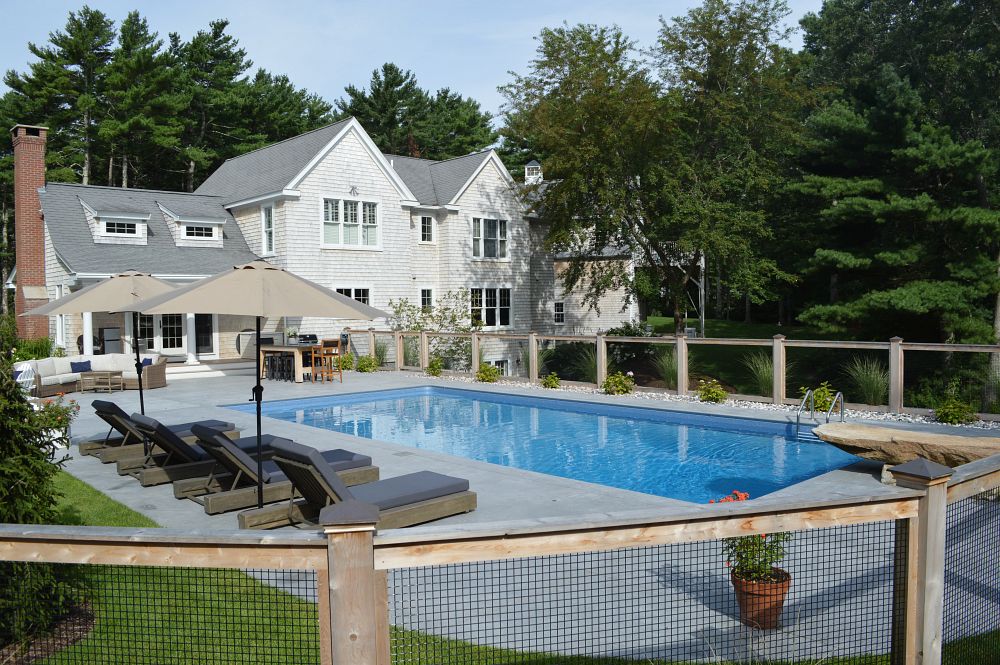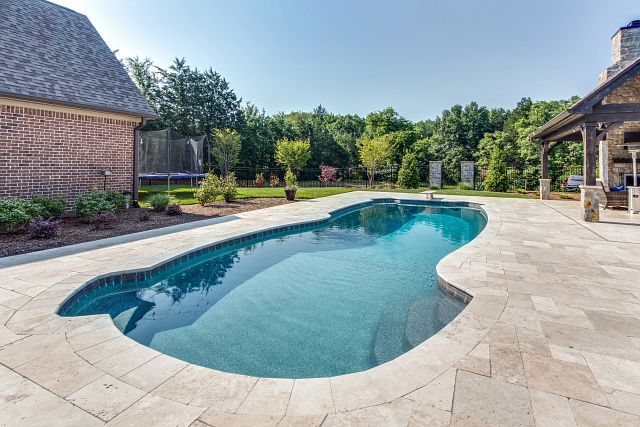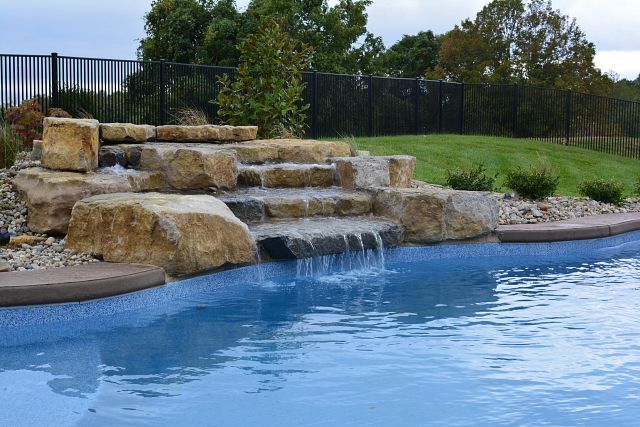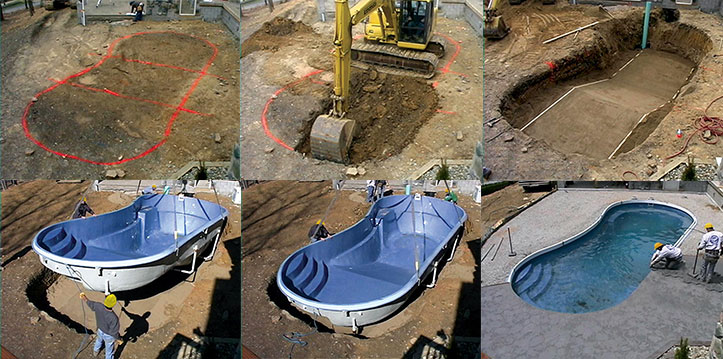Your retirement home is an investment for the future of your family, as well as yourself – so considering whether or not to have a swimming pool installed is a weighty decision. Today, our team is going to go over some of the points you should consider before breaking ground on the pool project of your dreams.
Regional Variations
In some areas, an in-ground swimming pool can be one of the most sought-after assets a retirement or vacation home has, but in others it’s merely a perk and makes little difference to the overall price a property commands on resale. Unfortunately, the only way to get a firm number on the value a pool adds to your retirement home is by reviewing actual sales data from your local area. A qualified realtor can help you with this task. Ballpark figures suggest that a pool can add around 11 percent to your home’s value in the southwestern states, but only six percent in Midwestern and northern states where swimming seasons are shorter.
Personal Preferences
The biggest issue that impacts the value a pool adds to your retirement home is whether you will personally use it for leisure, therapy, or entertainment. Installing a pool for the sake of it – even if you are retiring to a southern state where pools can be viewed as standard home equipment – can end up costing more in the long run purely because you are paying to maintain something that goes unused. Consider the potential uses that you and your family have for the pool, whether the investment you will be making is worthwhile in both the immediate future and shorter term. If the answer to those points is yes, then adding a pool increases the value of your home to you – and at this point in your life, when you’re meant to be relishing the rewards of all that hard work you did while your children were growing up, enjoying your retirement home is definitely an added-value bonus.
Local regulations
One of the most costly mistakes homeowners make is overlooking the importance of planning regulations in their neighborhood, city or county when considering installing a pool. It’s important to read the bylaws carefully, and apply for necessary permits ahead of time so that you don’t run into trouble later – having to retroactively seek permission for your pool can be extremely costly, negating the benefit of having installed it in the first place. Failing to follow planning regulations can actually end up costing you money on the sale of your home, should you have to seek retroactive permission or pay remediation to a local authority.
If you have more specific questions about the tangible value that a swimming pool might add to your retirement home, contact one of our experts today. With five decades of experience behind us, we’re in an ideal position to help you make an informed decision about having a retirement home with a swimming pool.







Join the discussion